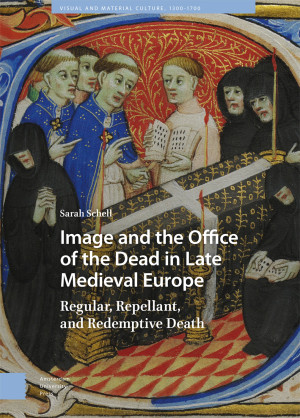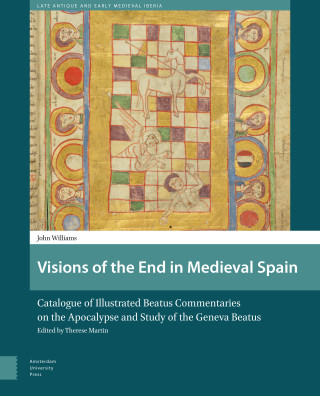Image and the Office of the Dead in Late Medieval Europe explores the Office of the Dead as a site of interaction between text, image, and experience in the culture of commemoration that thrived in the fourteenth and fifteenth centuries. The Office of the Dead was a familiar liturgical ritual, and its perceived importance and utility are evident in its regular inclusion in devotional compilations, which crossed the boundaries between lay and religious readers. The Office was present in all medieval deaths: as a focus for private contemplation, a site of public performance, a reassuring ritual, and a voice for the bereaved. Examining the images at the Office of the Dead and related written, visual, and material evidence, this book explores the relationship of these images to the text in which they are embedded and to the broader experiences of and aspirations for death.





